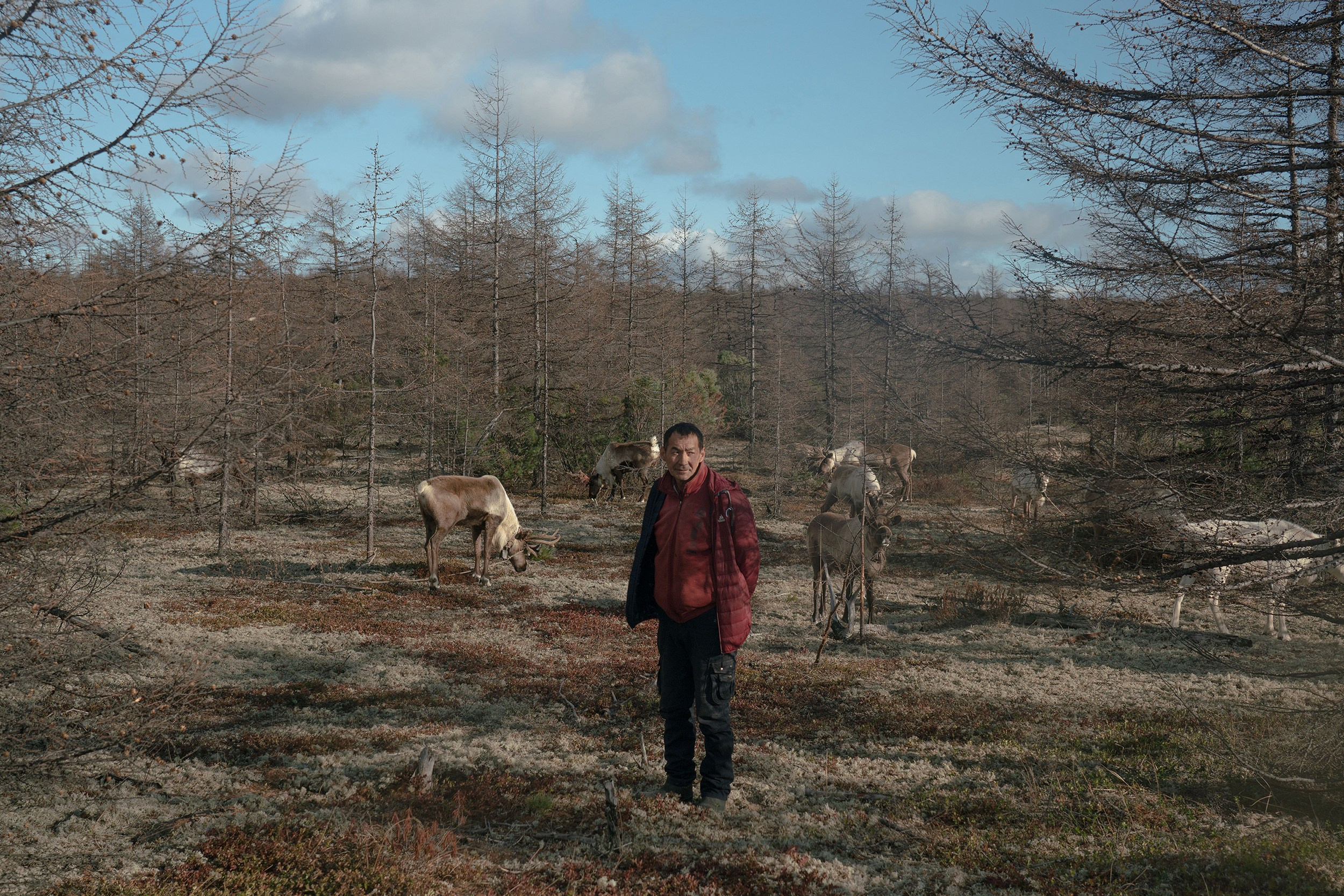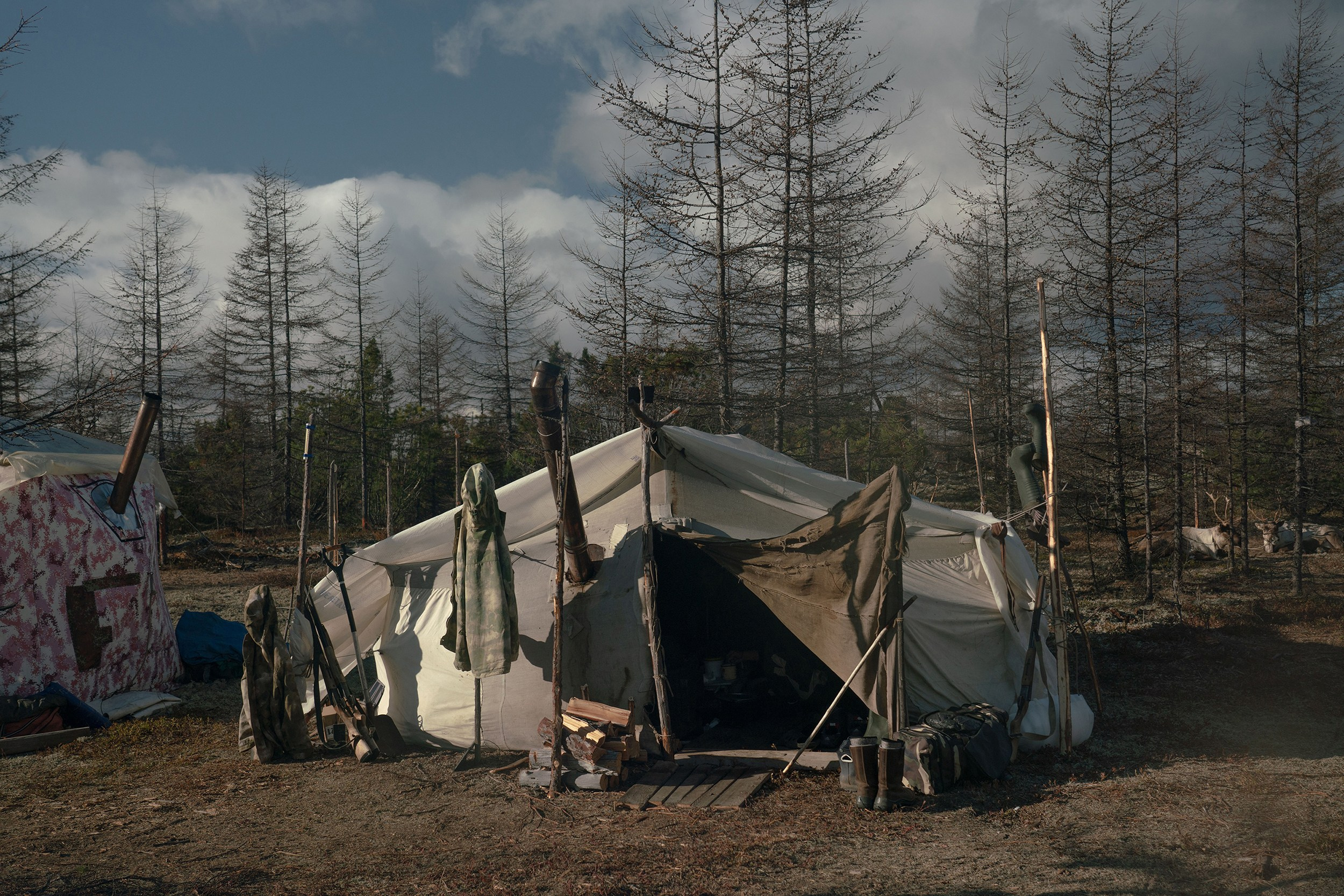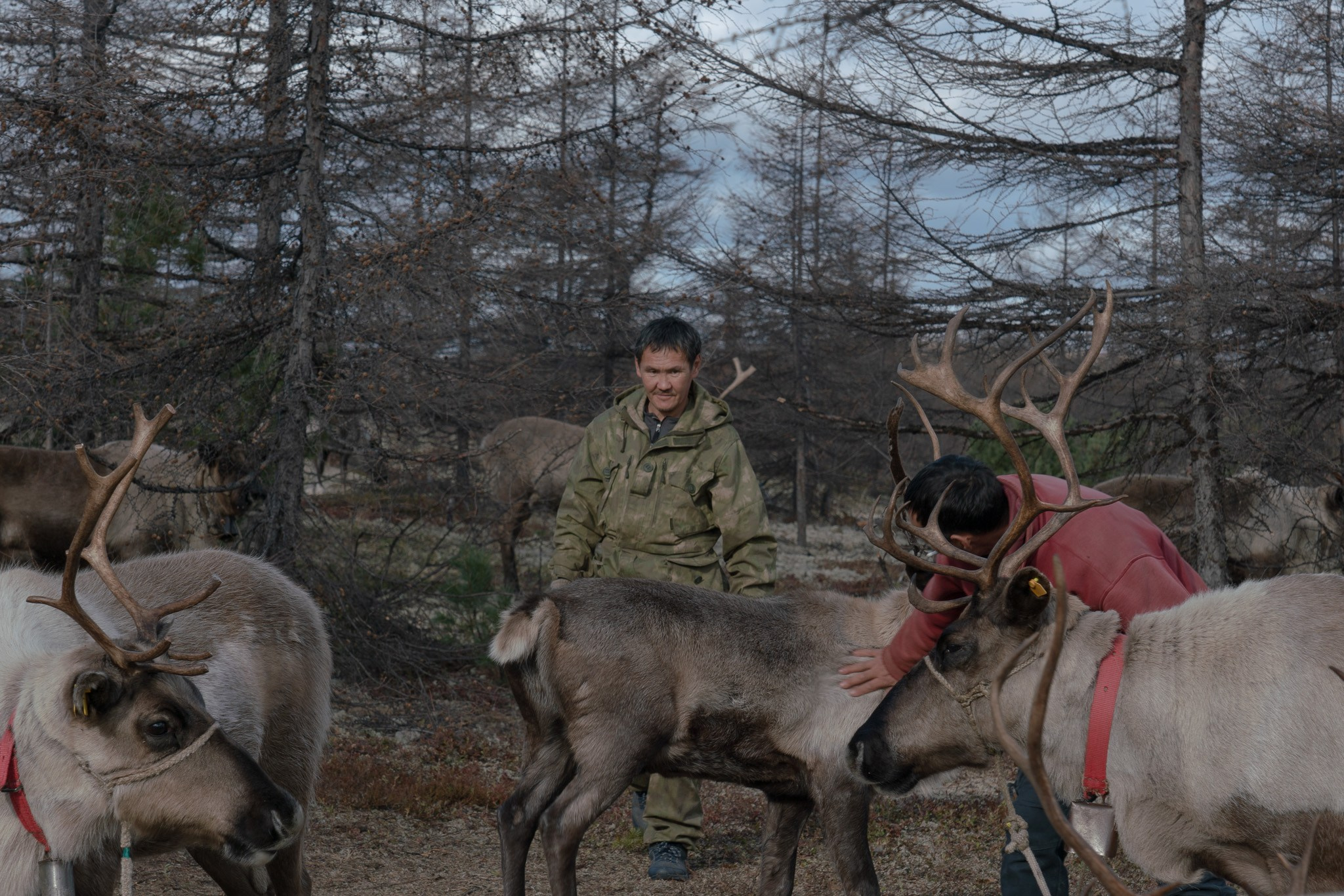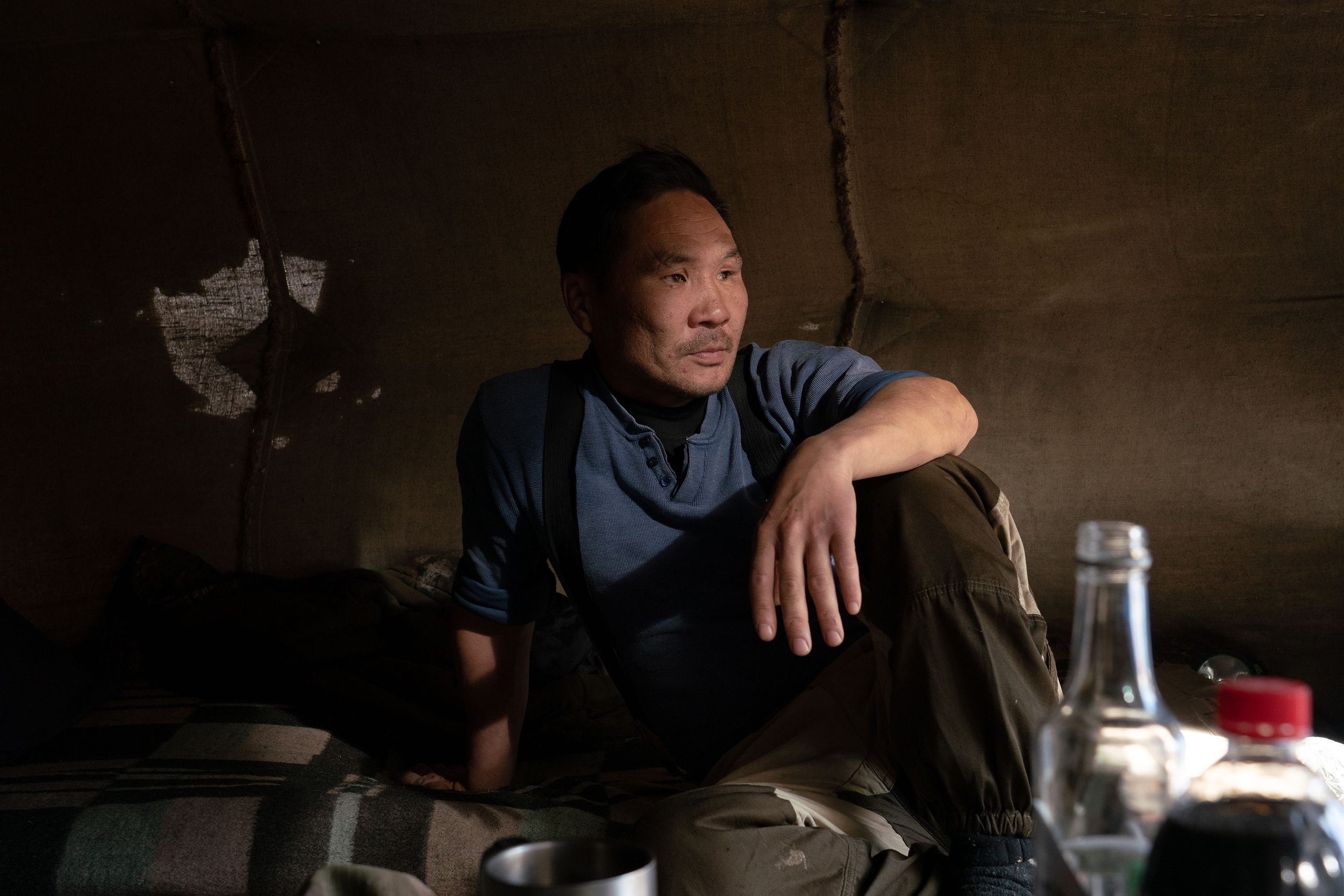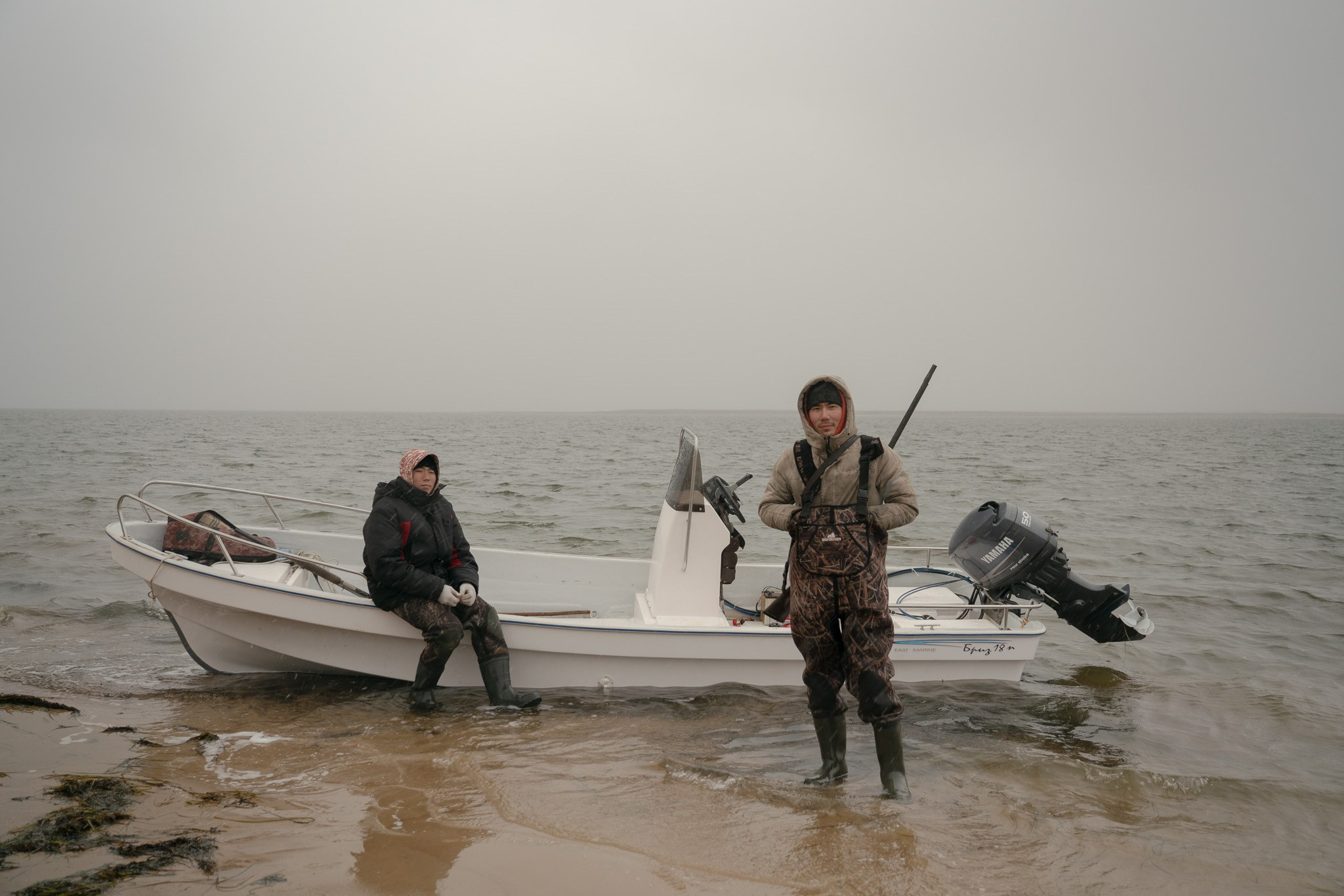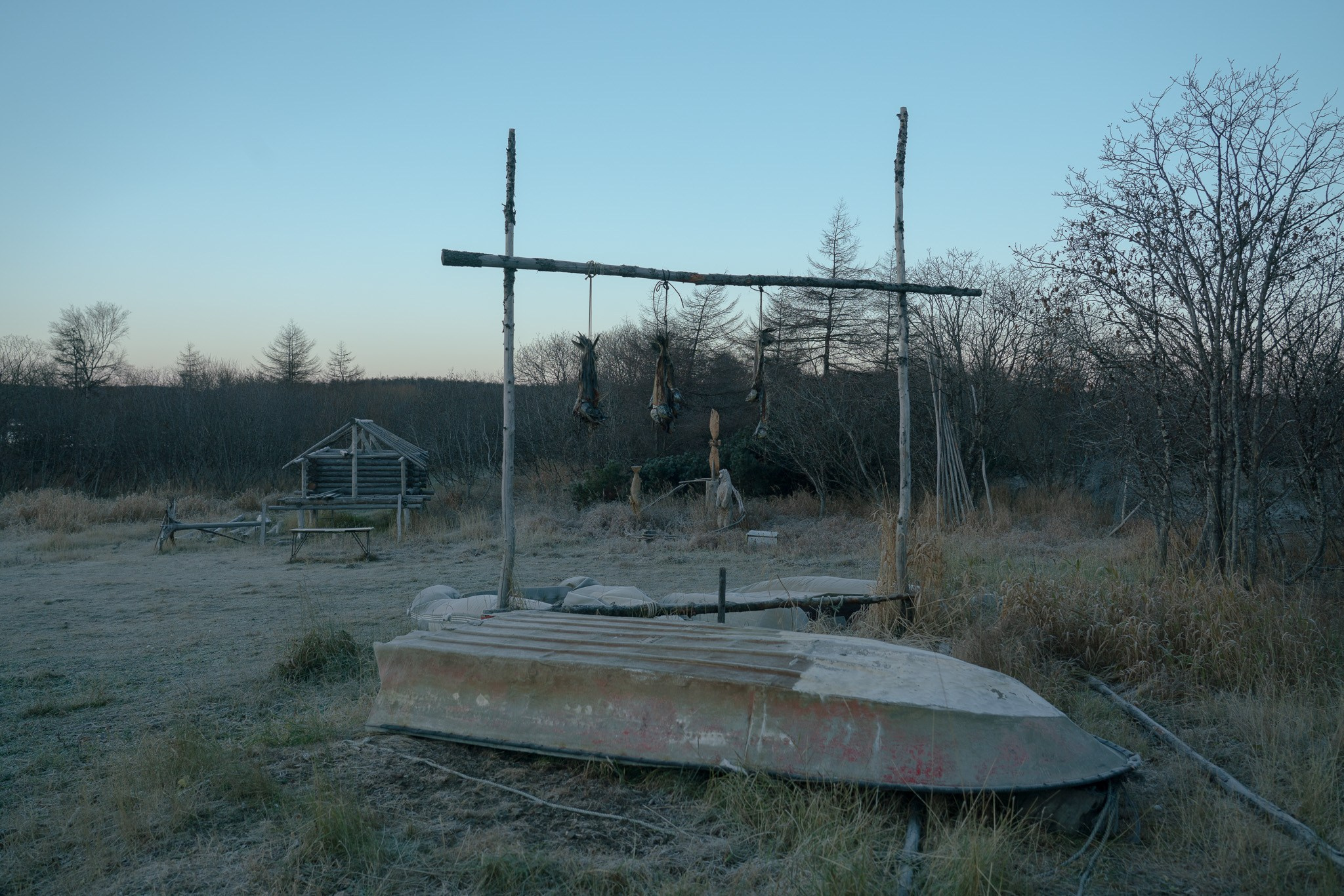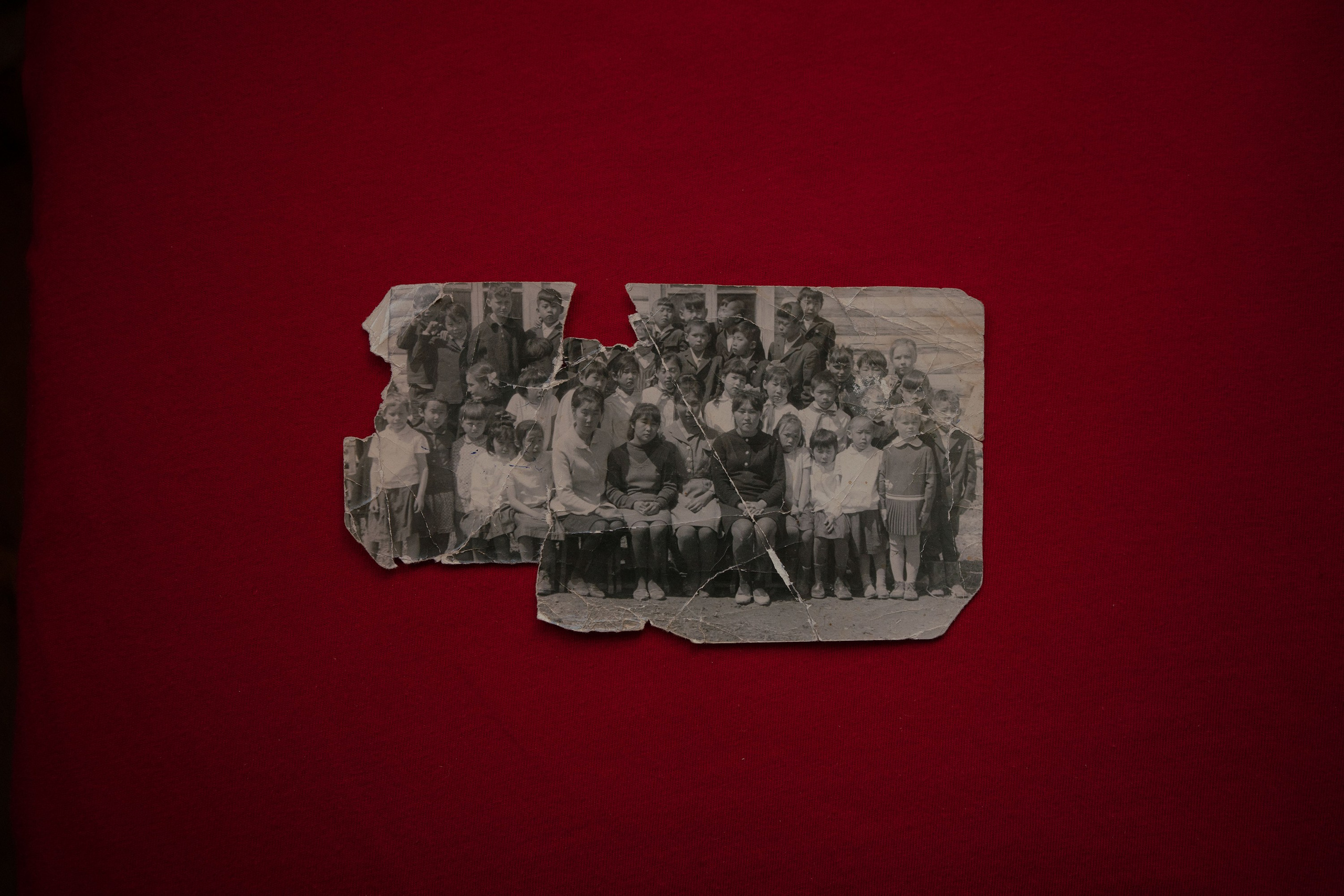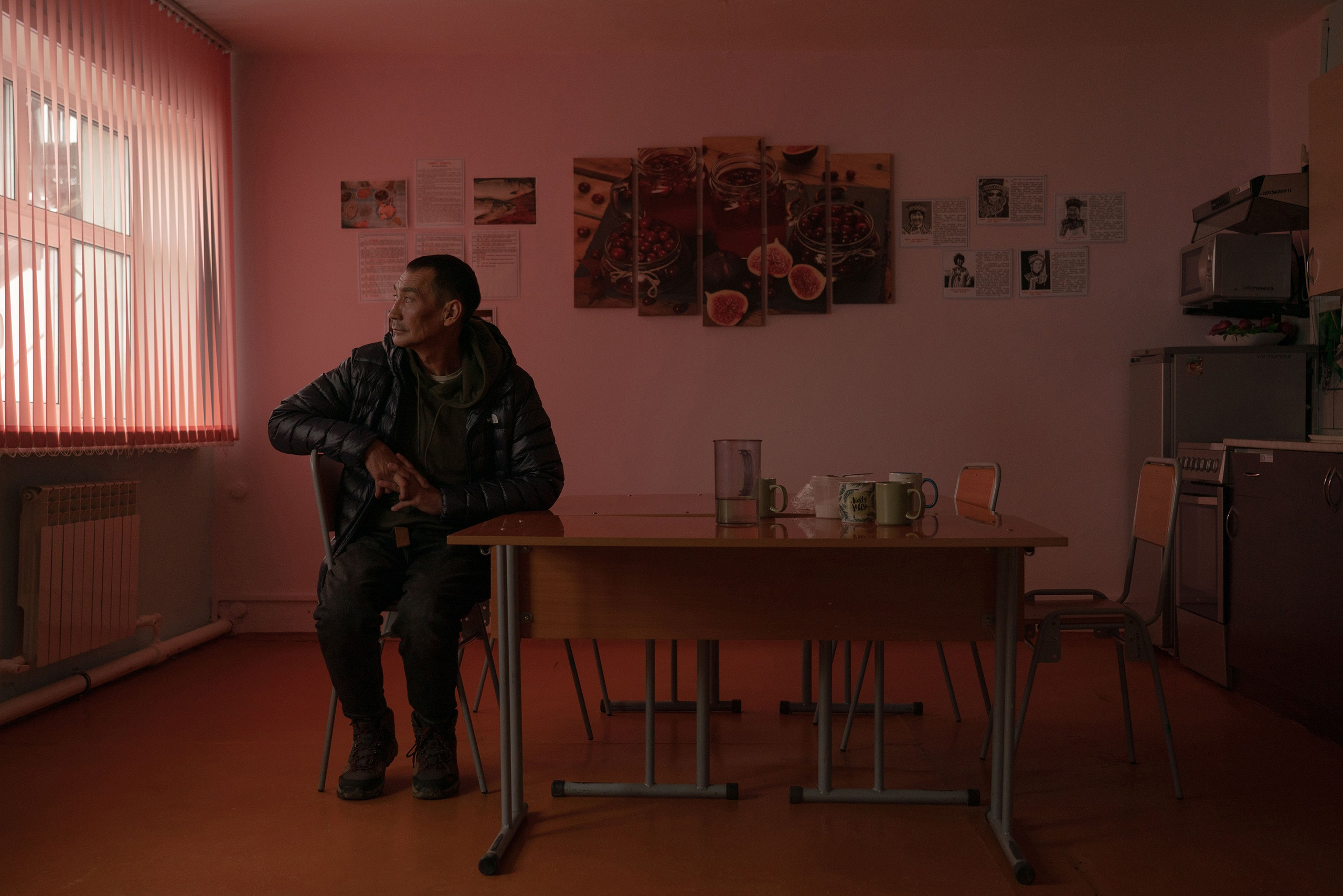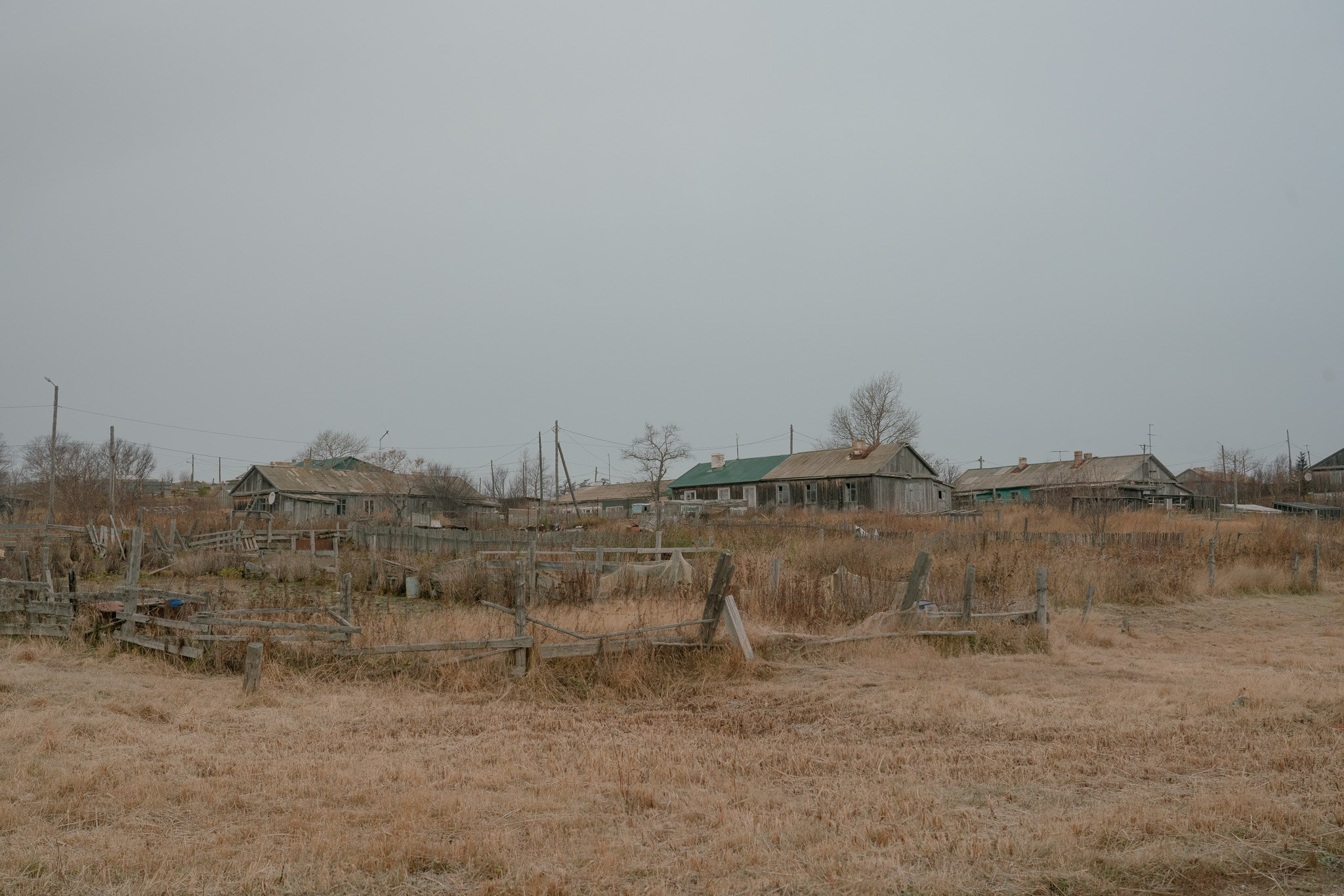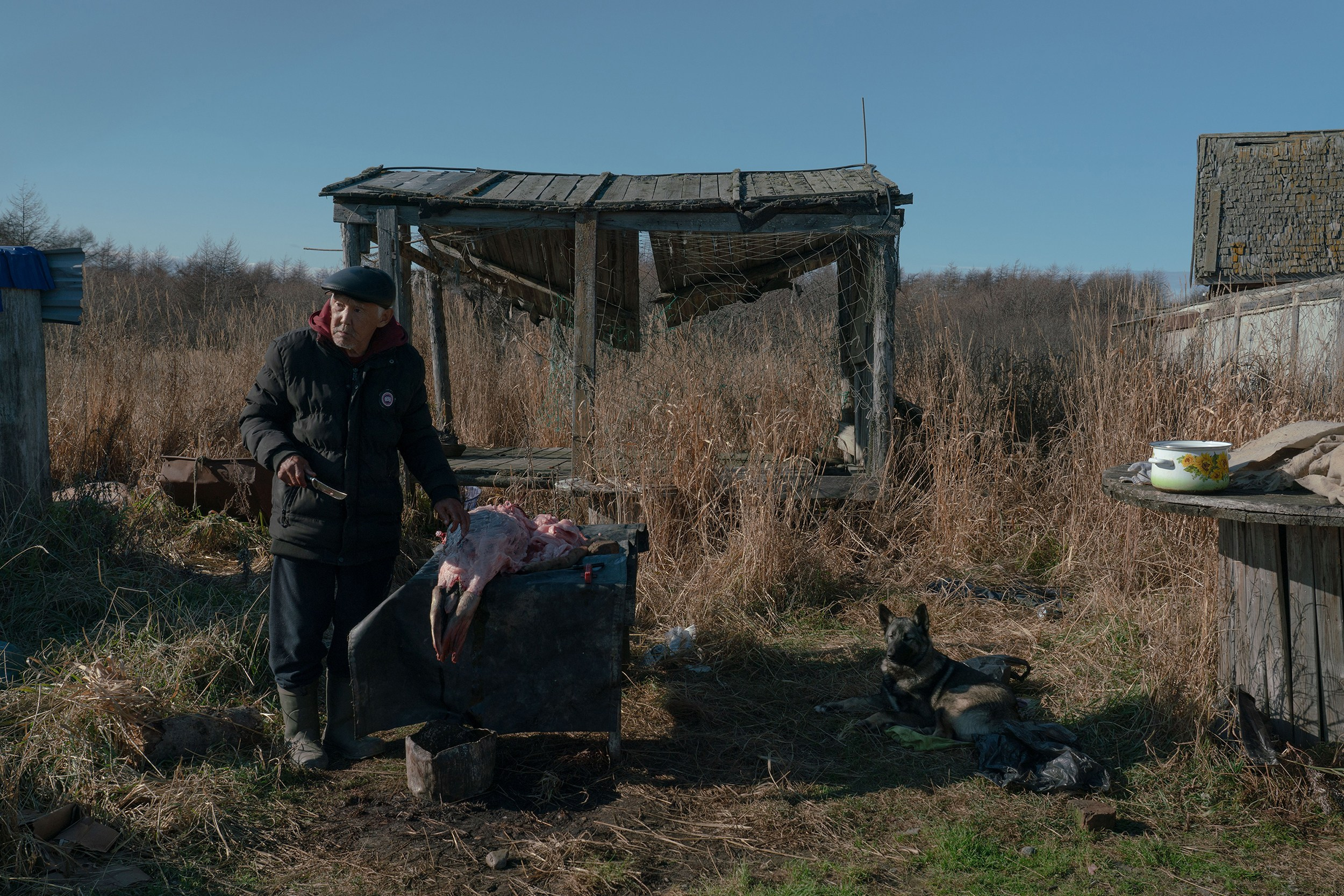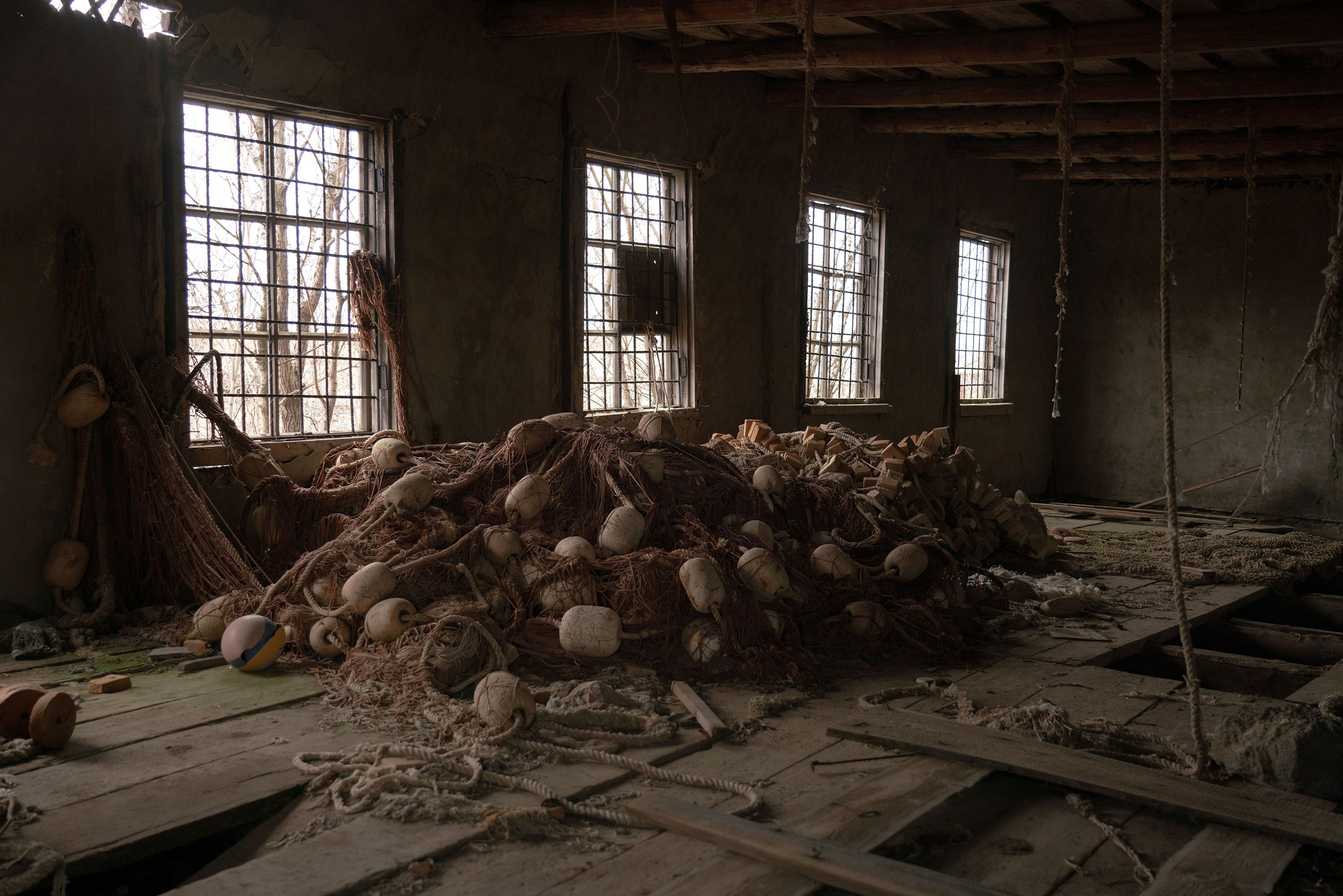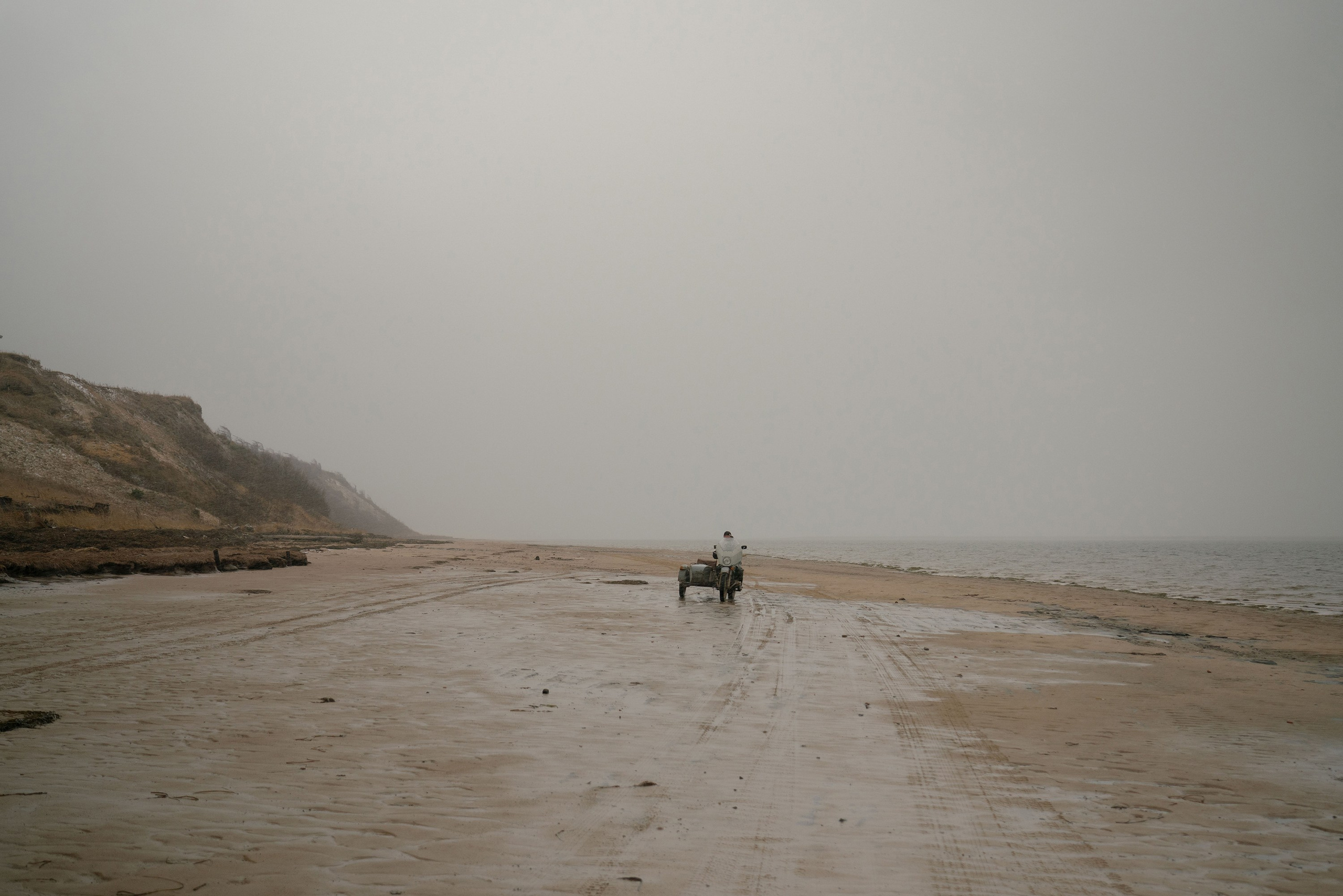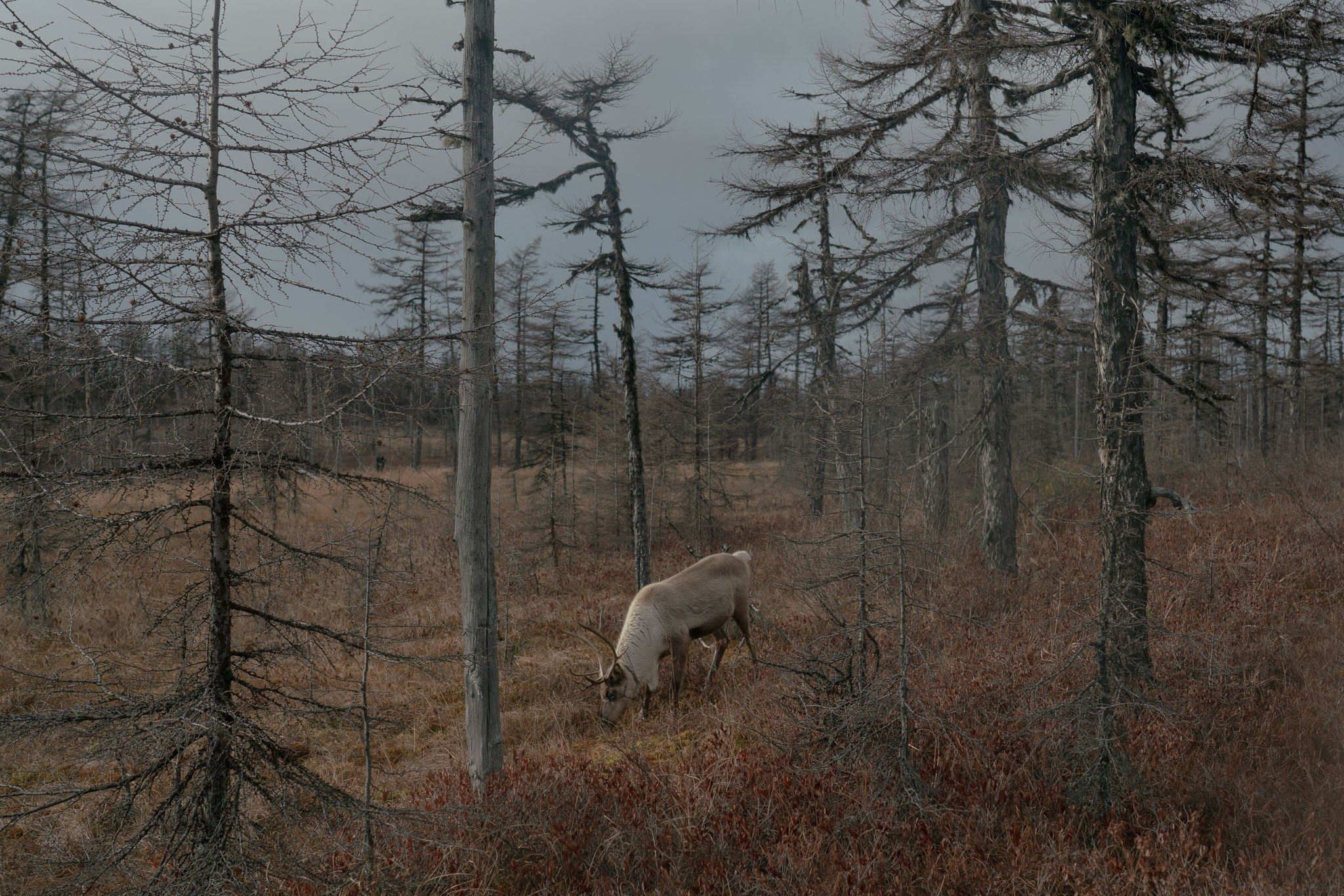About 400 people live on Sakhalin, representatives of the Uilta people and about 4,000 Nivkhs. Both of these peoples are considered endangered. The indigenous people themselves consider the actions of the Soviet Union to be the reason for their extinction.
During collectivization, the indigenous peoples of Sakhalin were forced to work on collective farms. Children were removed from their families and sent to study in specially created boarding schools, specially located in other cities. In schools and at work, speaking only Russian was allowed, and there were penalties for speaking in one’s native language. The main occupations of the Nivkhs (fishing) and Uilta (reindeer herding) were transferred from individual occupation to collective work. This led to the loss of the identity of small peoples.
After the collapse of the USSR, some areas of activity of small indigenous peoples were completely lost. Nivskhian and Uilta languages belong to isolated, that is, practically lost languages.
Now the indigenous people of Sakhalin are trying to restore and preserve their culture for posterity. They compile primers and dictionaries and translate folk tales. But they talk doomedly about their work to preserve memory; they understand that when the generation of elders dies, few of the youth will be able to continue their work.

